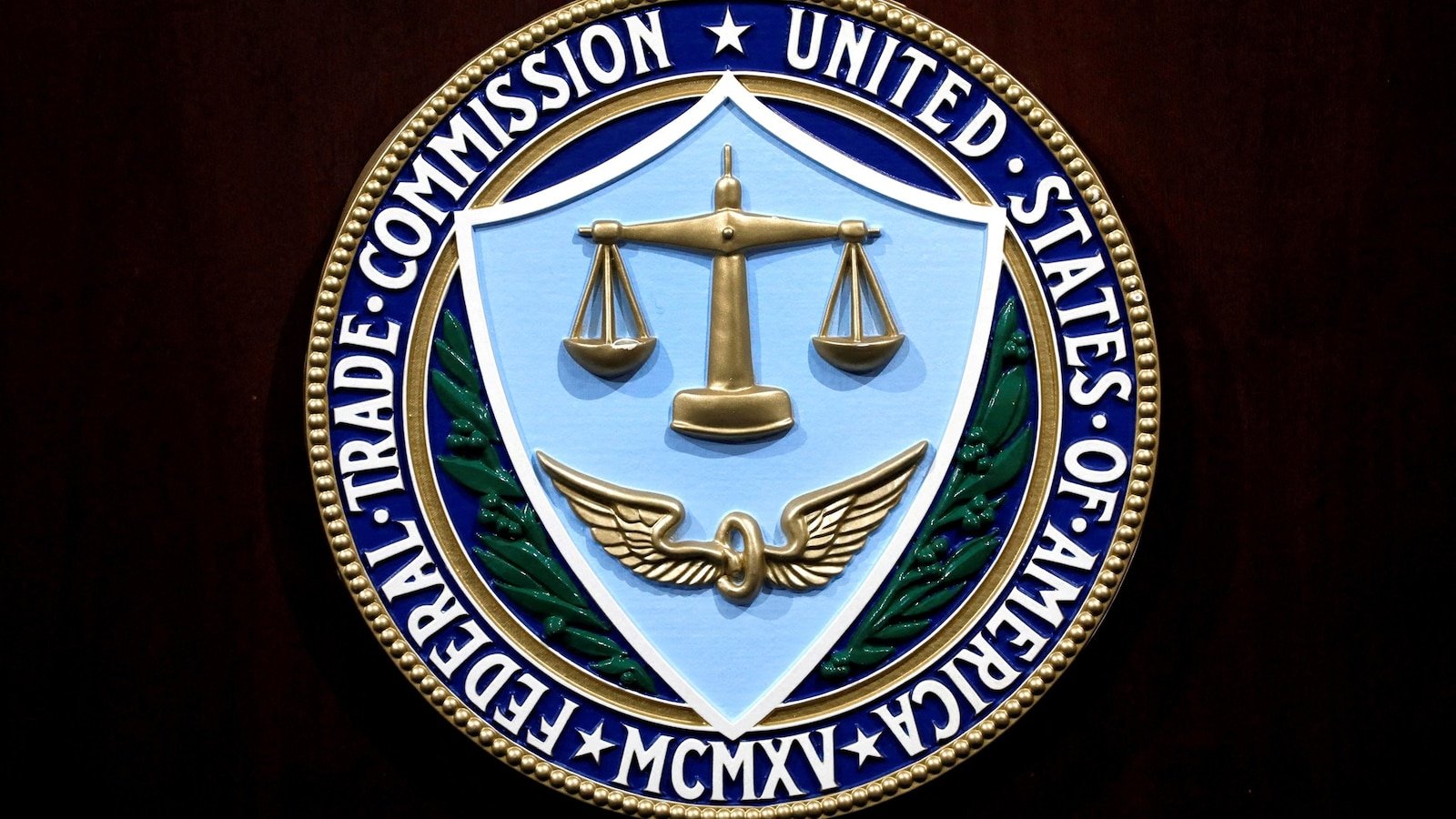Summary
The FTC has finalized a rule banning “junk fees” for hotels, live-event tickets, and vacation rentals, requiring businesses to disclose total prices upfront.
Set to take effect in April 2025, the rule could save consumers 53 million hours and $11 billion over a decade by eliminating surprise charges like “resort fees” at checkout.
While business groups, like the U.S. Chamber of Commerce, oppose the rule as overregulation, FTC Chair Lina Khan asserts its legality and bipartisan support.
The rule aligns with the Biden administration’s broader efforts to lower costs amid ongoing inflation.
The U.S. Chamber of Commerce has opposed the rule, calling it “nothing more than an attempt to micromanage businesses’ pricing structures, often undermining businesses’ ability to give consumers options at different price points.”
Oh bullshit - if every “option” costs the same after adding hidden mandatory fees, then you’re not providing “price points”, you’re just straight up deceiving the customer!
Nobody has ever looked at hidden fees and thought they benefited from their existence.
Exactly. They can still do all the line item hijinks and market segmentation they want, they will just have to do it up front and not ignore the discretionary price that they are charging.
The rule would not stop businesses from charging fees. But they would be required to list prices clearly from the onset and to display the total cost more prominently on a website than any other price.
Businesses already get a huge break in the US by not having to advertise prices inclusive of taxes and government fees. They can at least tell us how much they’re choosing to charge us.
Enjoy this for the next two or three months.
There is already traction here at the state-level. It’s been the law in California since the summer and Minnesota has something similar going into force on Jan 1st.
I expect many more states to follow with their own rules if these federal rules die with the new administration. I expect some noise to be made but wouldn’t be surprised if it survives for some time to avoid more complex state-level that would be more expensive to manage.
All this good stuff for Americans and 80M Americans be like: No.
Well Trump did say he’d make America great again - surely he can’t have been lying about making it better for the vast majority of people who live there, right?? /s

When is the government going to be subject to these same rules by requiring taxes to be included in the price of items instead of being calculated during check out?
Agreed 100% but it is more complicated for online shopping in general as sales tax is largely unknown in many cases until you have billing or shipping address which is not always known upfront.
In the case of this rule though, related to events and short term lodgings, there is a pretty obvious jurisdiction in most cases so allowing a “government charges” exemption is nonsense.
Where I live, all prices are final even when online shopping. Wtf, Americans?
America has thousands of tax jurisdictions, every state, county, city/town can impose their own set of taxes. For the longest time, online shopping was effectively tax-free shopping unless you happened to be based in the same state as the seller. That is largely not the case anymore though as various states passed legislation to enforce tax collections on online sales rather than trust the consumer to volunteer that info when it’s time to fill out tax forms.
All unavoidable costs should be in the price listed/advertised/shown.
Just noticed a “Recovery fee” for $20 on my Mint Mobile bill. Glad their purchase by T-Mobile brought bullshit fees. Happy shit like that will be killed.






